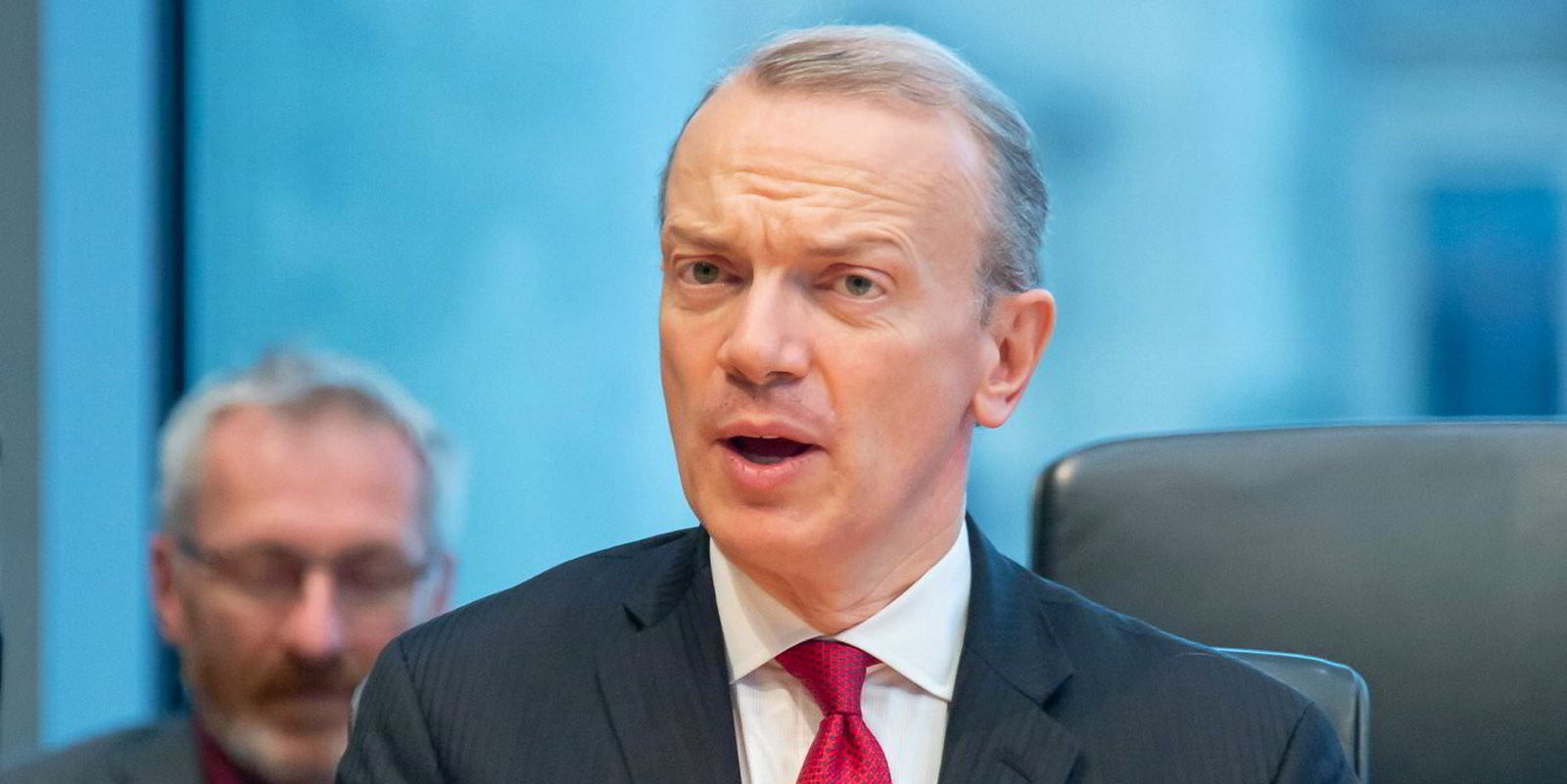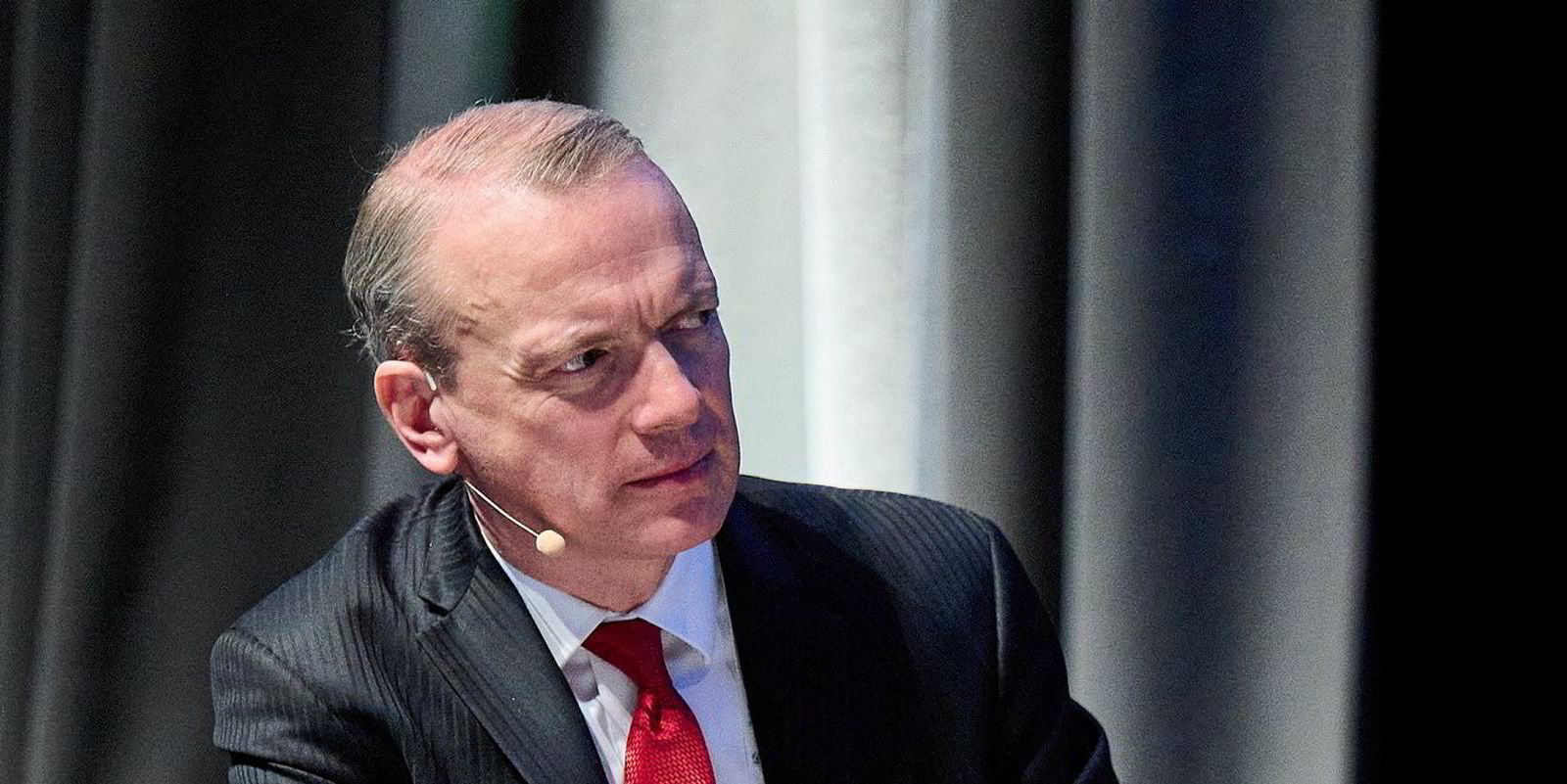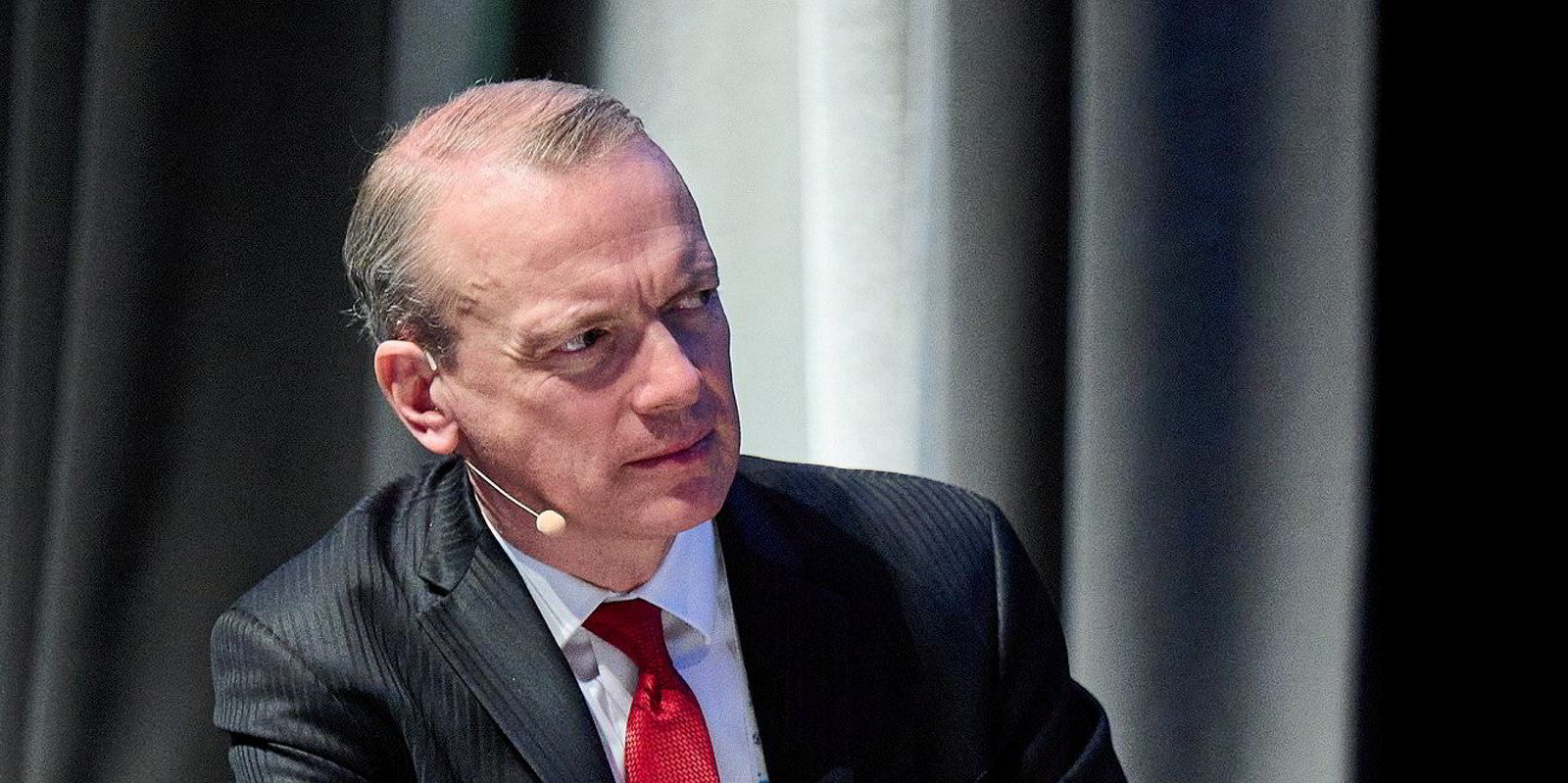Europe’s wind power sector is entering a phase of renewed confidence, said industry body WindEurope as it released a report together with consulting firm Rystad Energy that claims massive benefits are on offer across climate protection, energy security, jobs and GDP if more ambitious growth can be achieved.
“Permitting is up. Investments are up. Auction volumes are up. The supply chain is building new factories in Europe,” said WindEurope CEO Giles Dickson.
“And governments are actively supporting the wind industry with the EU Wind Power Package and European Wind Charter. There’s a new confidence as the industry gathers for its annual event in Bilbao.”
Wind already accounts for 19% of all power consumed in Europe, and the EU wants that share to nearly double to 35% in 2030.
In its joint report with WindEurope, Our wind, our value: creating value for Europe, living up to Europe’s values, Rystad compares the impact of a ‘2030 targets scenario' for wind capacity additions and implied generation through 2030 under the assumption that the EU’s 2030 targets are reached against a rather conservative ‘low scenario’ that assumes unambitious government policies.
Under the ‘2030 targets scenario’, Europe would avoid 203 billion cubic meters (bcm) of fossil fuel imports by 2030, compared to only 139 bcm under a ‘low scenario’, the report found.
Using average natural gas and coal prices for European customers from 2023 for the rest of the decade, Rystad estimates annual economic savings due to fossil fuel import avoidance at approximately €76bn ($83.8bn) per year in the targets scenario compared to only €63bn in the low case. That means Europe would need to spend €90bn more on fossil fuel imports through 2030 if only pursuing an unambitious wind growth strategy.
The difference in impact on jobs and GDP would also be significant.
“The European wind sector currently employs about 320,000 people and provides close to €30bn in direct contribution to GDP. One of the main findings of our report suggests that the wind sector’s workforce can grow to about 560,000 full-time equivalents (FTEs), which will boost the direct contribution to GDP to about €53bn by 2030, in real 2023 terms,” Alexander Dobrowen Fløtre, head of offshore wind research at Rystad Energy and Artem Abramov, head of clean tech research, said in the foreword to the report.
Under the ‘low scenario’, the contribution to GDP would be only at €32bn at the end of the decade.
The report also found that under a ‘targets scenario', the value of annual emissions avoided by wind power could reach €28.1bn, compared to only €13.2bn under the ‘low scenario' and €9.7bn last year.
Rystad for this calculation assumes a gradual increase of the EU emission trading system (ETS) price to €120 per tonne by 2030, compared to an average of €81-82 per tonne in 2022-23.
Overriding public interest
WindEurope in the report outlines a series of policy recommendations to reach the higher targets scenario.
They include anchoring the principle of ‘overriding public interest’ as stated in the EU’s updated renewable energy directive into national law at member state level (as Germany has already done), as well as other measures to speed up permitting.
The industry group also lobbies for non-price pre-qualification and awards criteria to be used in wind power tenders, including on cybersecurity, responsible business conduct and the ability to deliver a project. WindEurope further recommends governments to support their supply chains using the flexibility in EU state aid guidelines, as well as special attention to boosting port capacity and grid infrastructure.
The report is released as WindEurope prepares to open the doors on Wednesday for its 2024 conference and exhibition in Bilbao, where Recharge is official event news partner and will provide coverage via its dedicated Live Centre.
More than 12,000 visitors are expected in Bilbao, as well as 520 exhibiting companies, 14 ministers and 400 other speakers from politics, industry and academia.




